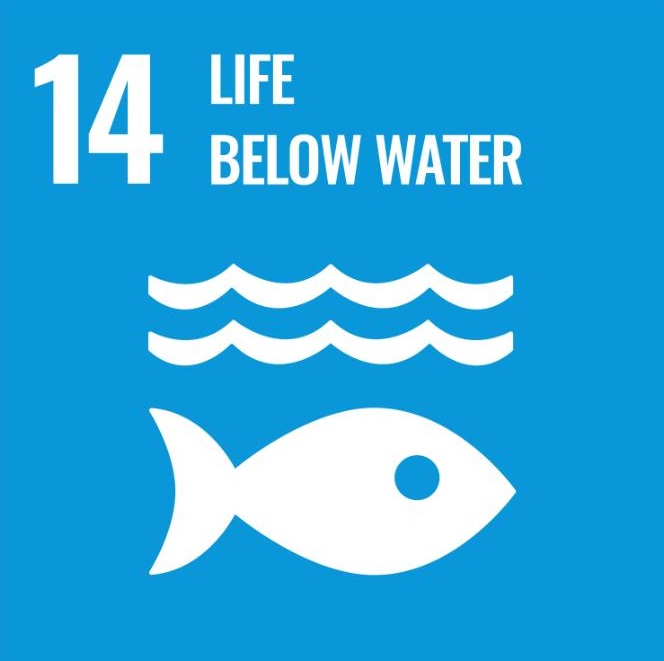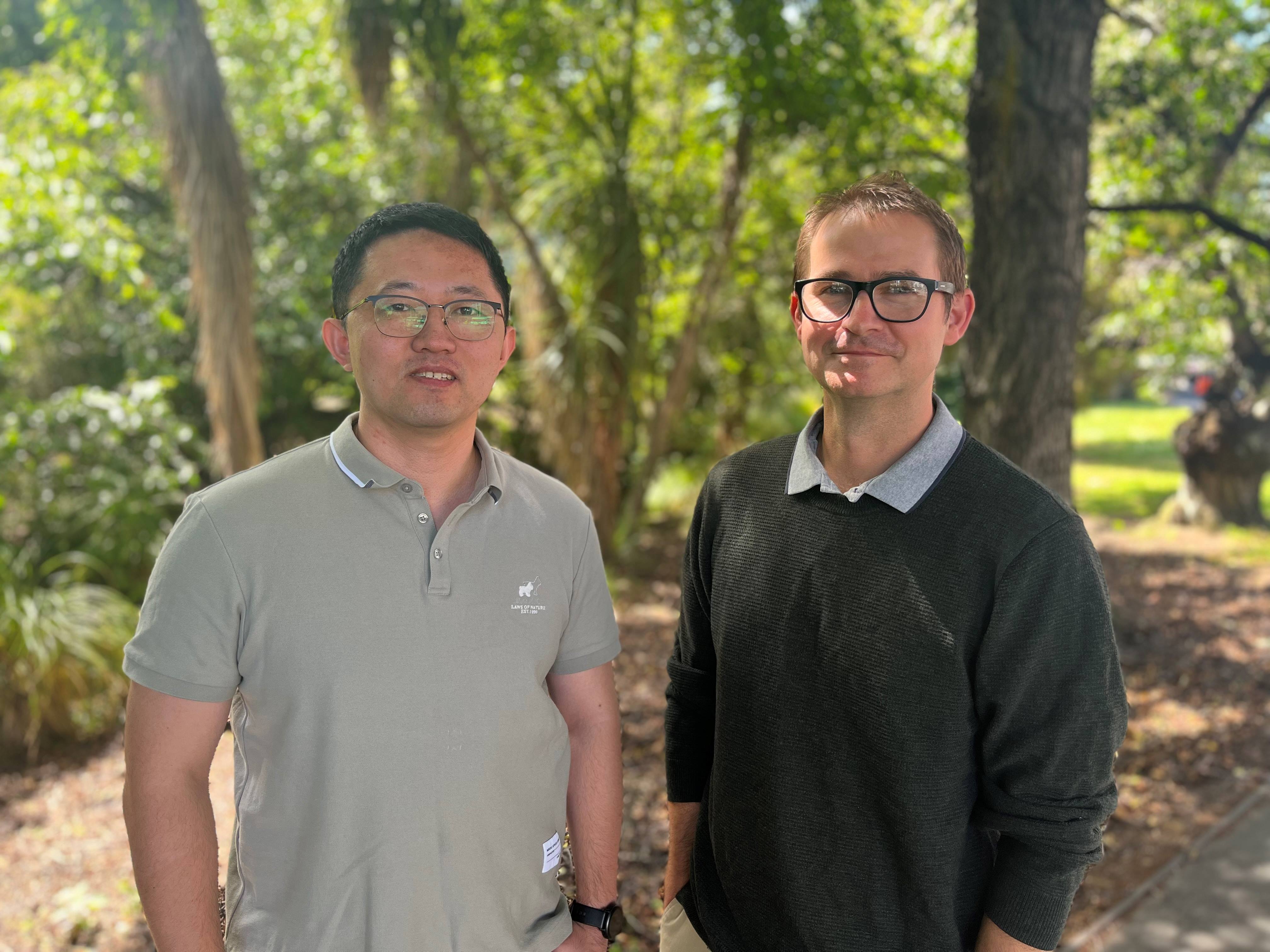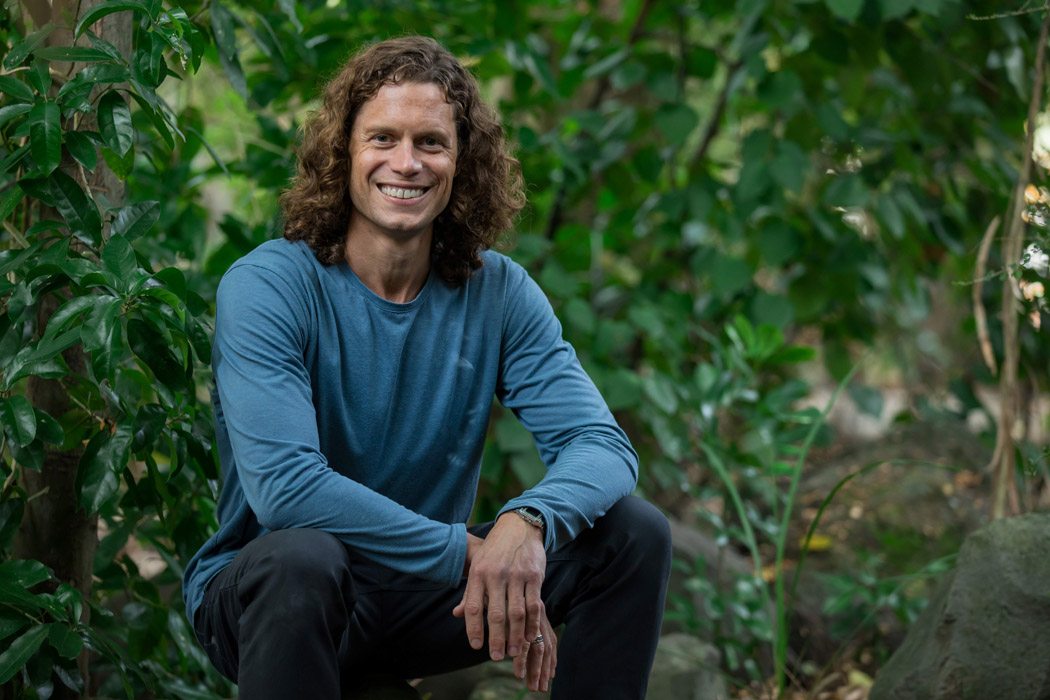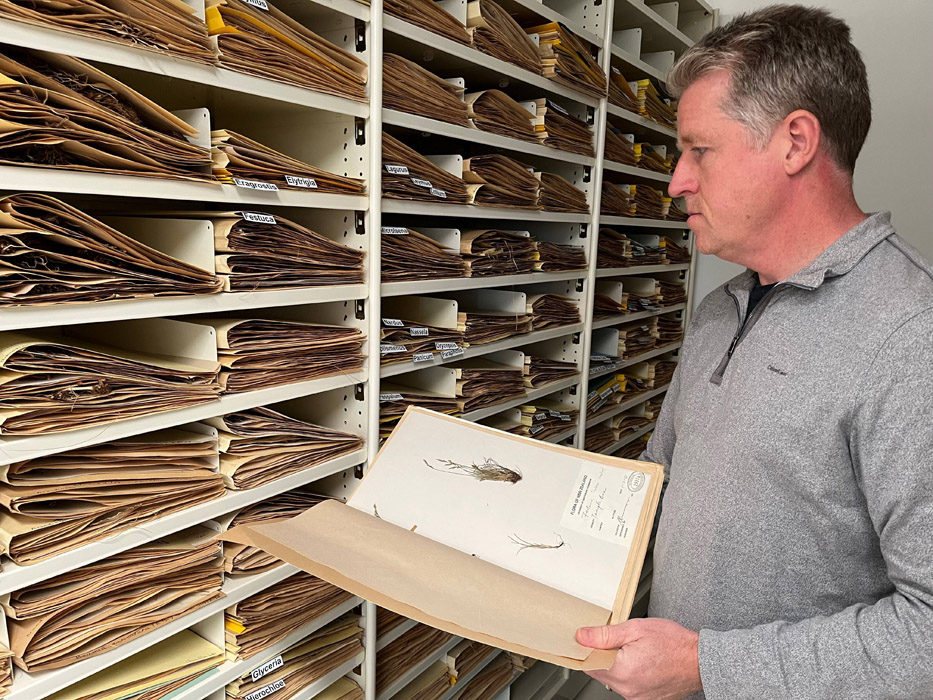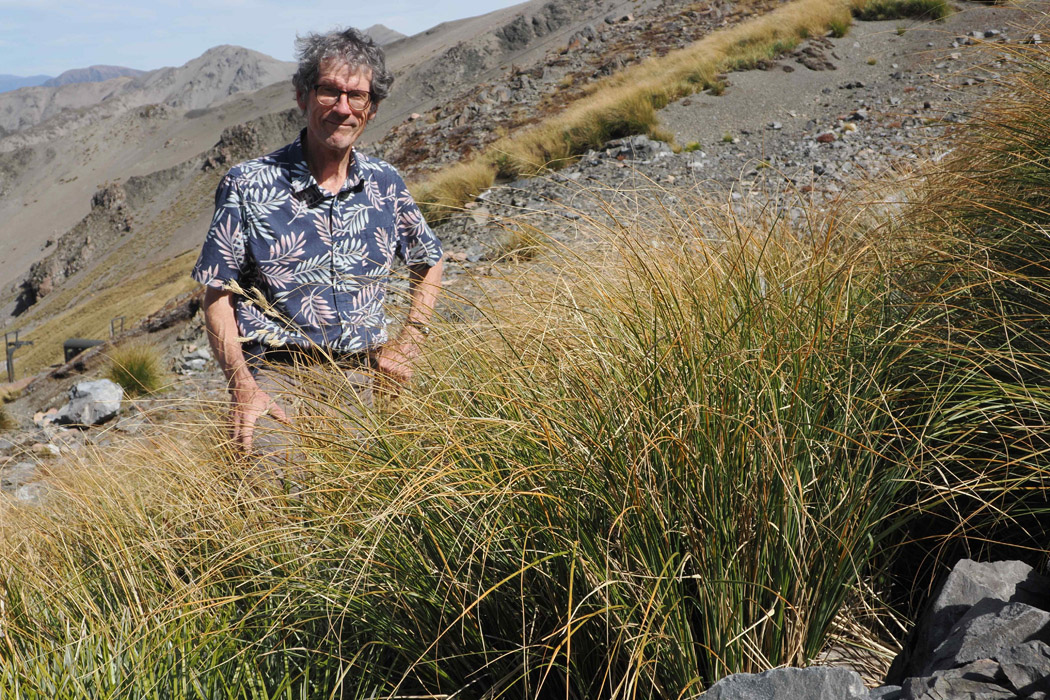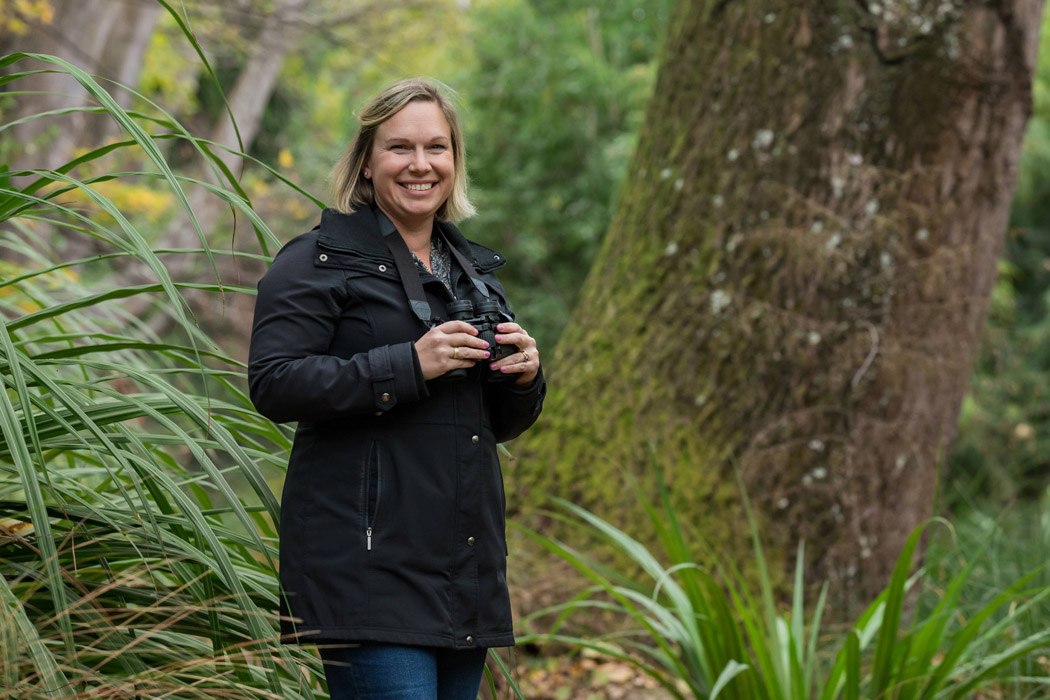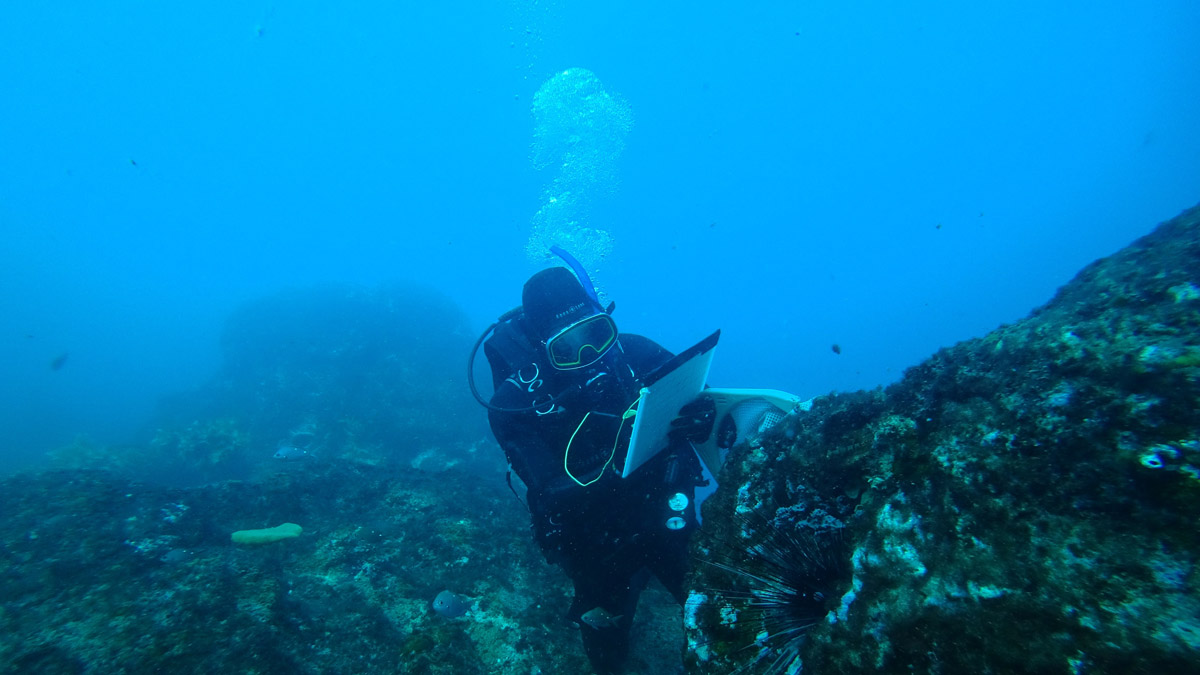“We’ve all seen just how quickly the frequency and magnitude of extreme floods and droughts have increased in recent years, both in New Zealand and overseas.”
“Our research focuses on understanding and predicting how our natural ecological systems might respond to these changes. That might include anything from predicting how an individual species might decline through to the collapse of whole ecosystems.”
“It's fundamentally important to do what we can to mitigate the risks that ecosystems face, because naturally functioning ecosystems provide us with really important goods and services like clean water for drinking, food, medicine and so on.”
Need for a new approach
Dr Tonkin says that freshwater ecosystem management is at a crossroads and we need a radically new approach, due to the speed and scale of the environmental changes.
“We often rely on models that use historical data to understand the present state of ecosystems. But this approach is no longer reliable for predicting what the future will look like because the future is going to be so different.”
“Without accurate forecasts, we are effectively flying blind.”
Developing new ways to forecast how freshwater species and ecosystems might respond to climate change and the trade-offs associated with various management interventions has become the focus of Dr Tonkin’s research.
“So, for instance, if we were to manage a river’s flow to maximise the abundance of a particular species of native fish, it's imperative that we understand the repercussions of such decisions on the other species in that ecosystem. And our models are really trying to help us to do this.”
“The main impact of our work is in being able to first anticipate the outcomes of management interventions, but also to anticipate the need to change management practices long before we could otherwise detect issues arising.”
Ecosystems are notoriously hard to predict because of all the moving parts. Dr Tonkin’s goal is to turn ecology into a more predictive science. His team seeks to find new ways to overcome the challenges associated with the natural complexity of ecosystems.
“This will enable us to more confidently predict what ecosystems might look like in the future.”
Why study rivers?
Dr Tonkin said he was initially inspired to study ecology through his love of spending time in rivers when growing up.
“Rivers are these amazing dynamic systems that are unique and isolated hotspots of biodiversity.”
“In New Zealand, we're blessed with a really high diversity of different river types and there are so many different species that depend on them for different stages of their lifecycle.”
“In Canterbury, it’s amazing to have these incredible braided rivers that are just bursting with life. These rivers aren’t just gravel wastelands, they are filled with these ever-changing little pockets [of life].”
“Over time, my interest in rivers has evolved into wanting to first understand and then protect their ecosystems from the various threats that they face, particularly climate change.”
Importance of mentoring
Mentoring up-and-coming researchers is also extremely important to Dr Tonkin.
“My work has given me the opportunity to build a research group of young and dynamic scientists who are passionate about what they do.”
“It’s a really important time to be a scientist because of the fact that the world is changing so fast.”
“Biodiversity and its contribution to people is fundamental to human wellbeing and the health of the planet. But it’s under unprecedented challenges. The more knowledge we have, the better we are placed to protect it into the future.
“I feel extremely fortunate to be in a position to mentor the up-and-coming science leaders in this space,” Dr Tonkin says.
Rory Lennox is completing his Master’s degree in Dr Tonkin’s research group and says Dr Tonkin is building a network of young scientists that “all share a common vision for protecting what we have left”.
“In that space we have the support to self-develop and push the envelope in terms of ecological research,” Lennox says.
Prize
In awarding the prize, the selection panel noted that Dr Tonkin’s research is both world-leading and locally responsive. “It not only generates critical new knowledge about the impacts of climate change on global freshwater ecosystems, but also provides a much-needed evidence base for developing and implementing responses to protect freshwaters and biodiversity in Aotearoa and globally.”
The award comes with a prize of $200,000.


